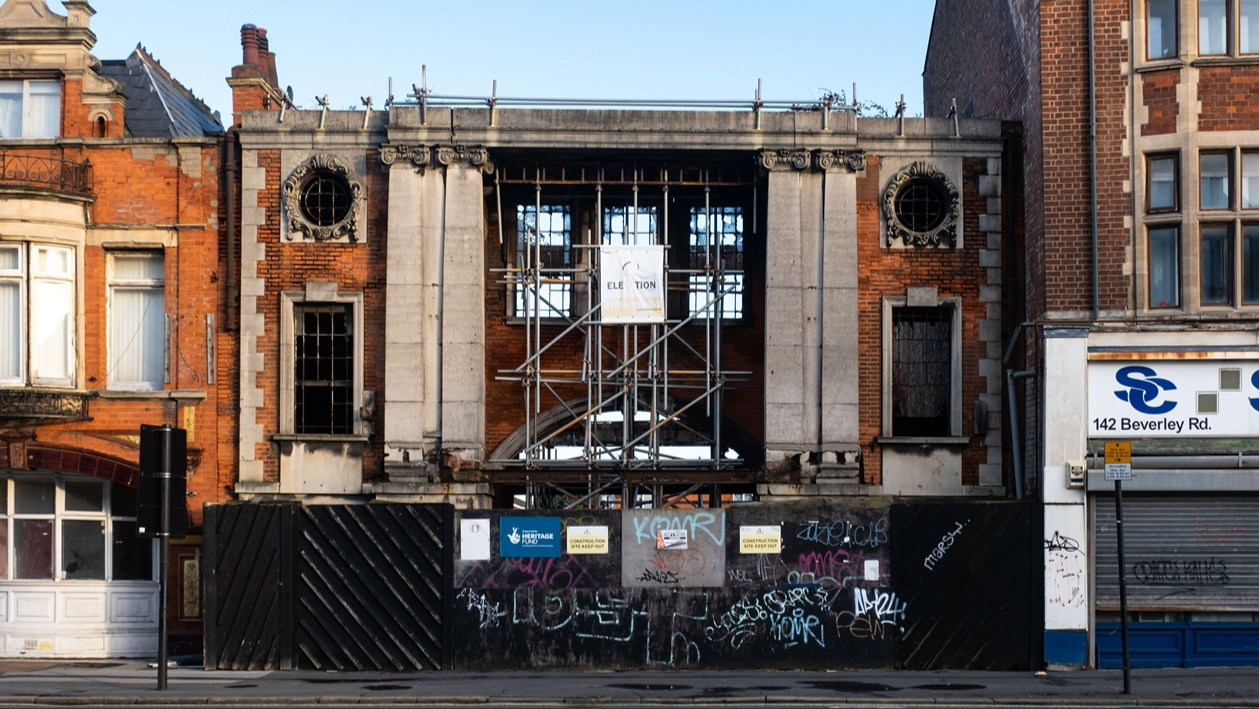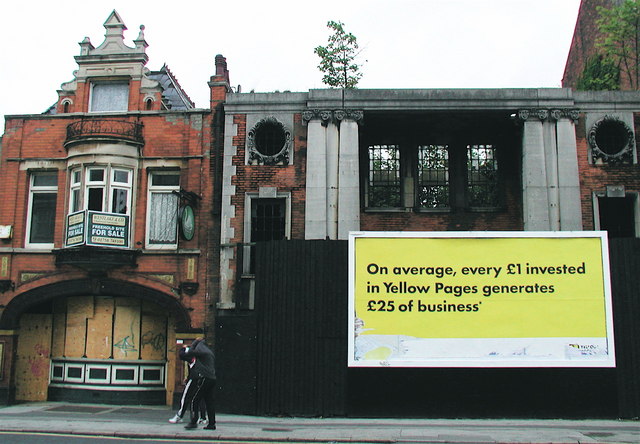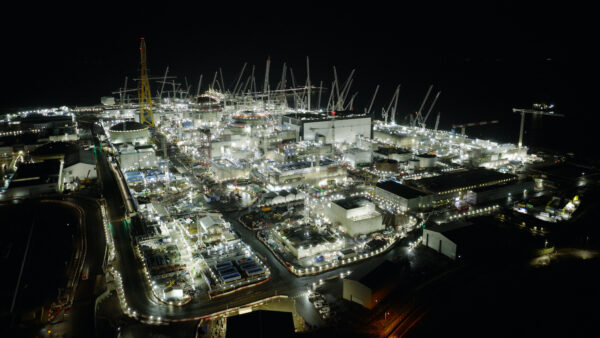Long-awaited restoration begins on Blitz-bombed cinema

A five-month restoration project has started on the “last surviving civilian bomb-damaged building” in Hull.
The Grade II-listed National Picture Theatre on Beverley Road was hit during a Luftwaffe raid on the nearby docks in March 1941. It has remained derelict since.
Designed by architect Runton and Barry, the cinema was built in 1914 and had more than 1,000 seats across the stalls and balcony.
Register for free or sign in to continue reading
This is not a paywall. Registration allows us to enhance your experience across Construction Management and ensure we deliver you quality editorial content.
Registering also means you can manage your own CPDs, comments, newsletter sign-ups and privacy settings.
Local contractor Hobson & Porter, which recently revamped Hull's historic Guildhall and has delivered other heritage projects in the city, is replacing the period windows, carrying out stabilisation works, restoring the red brick facade and installing new lighting.
The works have already uncovered several artefacts buried under the rubble, including a child’s pram hood, shoes, a local milk bottle and pieces of interior design materials.
The space where the auditorium once stood will be used as an educational and community events area, where visitors can learn about civilian life in the Second World War in Hull. There will also be a memorial to the more than 1,200 people who died during air raids on the city.
Derelict for more than 80 years
The National Civilian World War Two Memorial Trust, a local charity dedicated to sharing the impact that the war had on civilians in Hull, has long campaigned for the project.
The port of Hull was raided in March, May and June 1941 and the whole of the riverside quay was devastated by fire. A total of 450 people were killed and 10% of Hull’s population were made homeless because of the bombings.

Although 150 people were inside the National Picture Theatre watching Charlie Chaplin's The Great Dictator when the raid happened on 18 March 1941, there were no casualties, according to Matthew Lloyd, great-grandson of performer Arthur Lloyd who has documented the history of the theatre.
However, the interior of the building was destroyed entirely and only the frontage survived, standing derelict for over eight decades.
‘Stories of national importance’
Hill City Council council issued a compulsory purchase order in 2015 after the building owner, a private property developer, failed to repair it.
The venue was advertised for auction by online property platform Rightmove in June 2015, under a guide price of £40,000-£45,000. It failed to sell and further attempts at auctioning the site off by the owner were also unsuccessful.
The building was eventually acquired by the council in 2018 after a land-swap agreement, the BBC reported at the time.
Hobson & Porter’s managing director, Richard Hunter, said: “Having been based in Hull since 1971, we have seen the cinema sadly fall into a sorry state and feel hugely proud to have been chosen to restore such a significant, historic landmark in the city.
“In recent years we are proud to have worked with Hull City Council on a number of heritage projects in the city including the recommissioning of the iconic Guildhall time ball, the refurbishment of Beverley Road baths, and the repurposing of the former city archives at 79 Lowgate.”
Councillor Rob Pritchard, portfolio holder for culture and leisure at Hull City Council, added: “There are so many stories within the National Picture Theatre that are of national importance, and to have the opportunity to give it the attention it deserves is fantastic."
The National Picture Theatre restoration project is funded by The National Lottery Heritage Fund, Hull City Council and the National Civilian World War II Memorial Trust.
The new venue is expected to open in December 2024.











